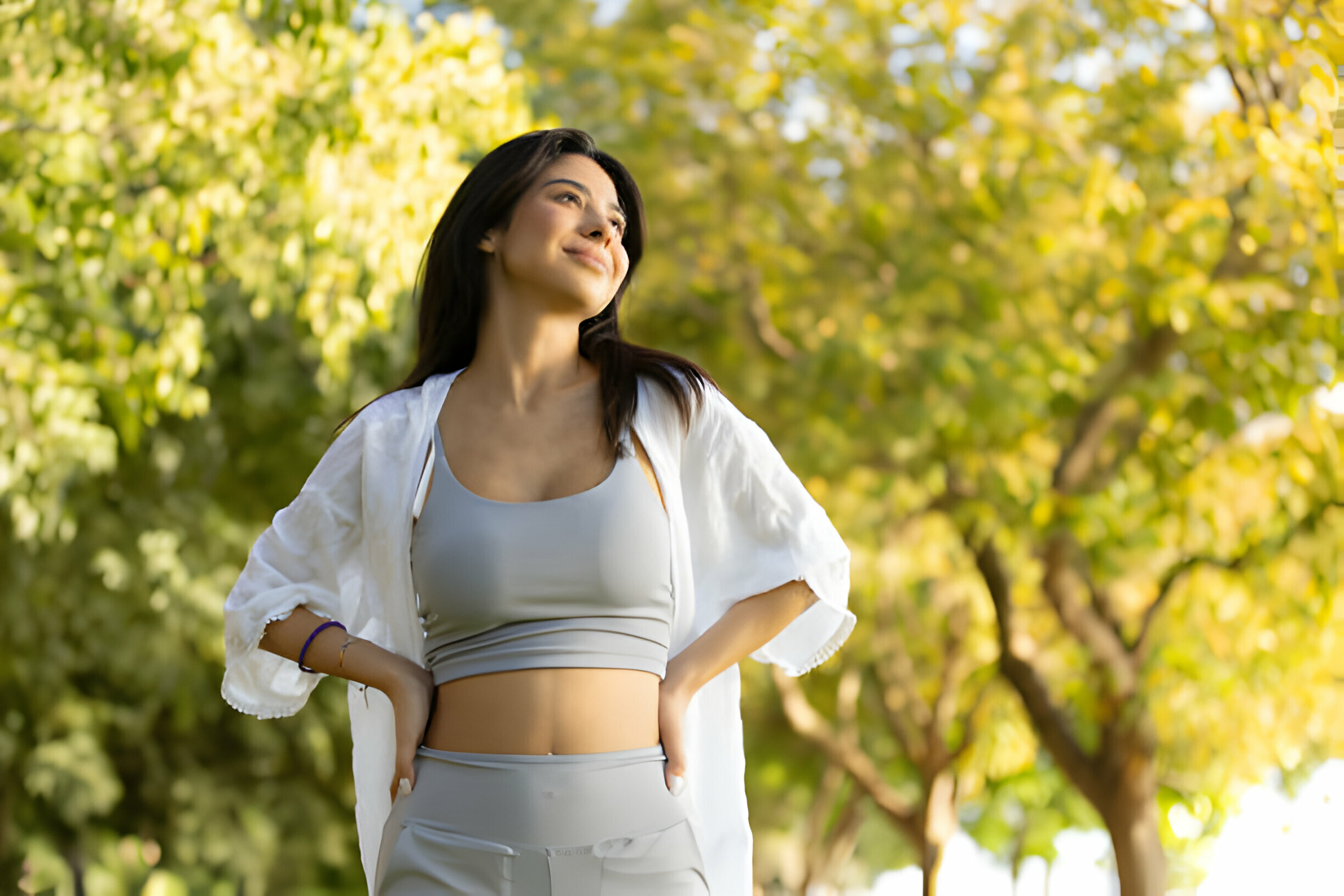Anxiety is a prevalent mental health condition that affects millions of individuals worldwide. Managing anxiety can be challenging, but there are effective relaxation techniques for anxiety that can help alleviate symptoms and promote a sense of calm. According to the American Psychiatric Association, anxiety disorder is characterized by fear or anxiety that is disproportionate to the situation, inappropriate for a person’s age, or interferes with their ability to function normally.
In this blog, we’ll explore five evidence-based relaxation techniques for anxiety that can assist in managing this condition effectively.
5 Relaxation Techniques for Anxiety
- Exercise
Exercise is not only beneficial for physical health but also plays a significant role in managing anxiety. The Anxiety & Depression Association of America highlights the effectiveness of exercise in reducing fatigue, and improving alertness, concentration, and overall cognitive function. You don’t need an intense workout routine to experience these benefits; even a 10-minute walk can make a difference. Engaging in regular physical activity releases endorphins, which are natural stress relievers and help regulate mood.
- Deep Breathing
Deep breathing exercises are a powerful tool for calming the mind and reducing anxiety. Practicing deep breathing can activate the body’s relaxation response, decreasing heart rate and blood pressure. A simple technique involves inhaling deeply through the nose for four seconds, holding the breath for seven seconds, and exhaling slowly through the nose for eight seconds. Research has shown that deep breathing exercises promote mental and physical relaxation, making it an effective strategy for managing anxiety.
- Surround Yourself with Nature
Connecting with nature has been shown to profoundly reduce anxiety levels. Research on Shinrin-yoku, a Japanese practice that involves immersing oneself in the forest atmosphere, has demonstrated its ability to induce feelings of calmness and reduce activity in the brain’s prefrontal areas. While not everyone may have access to a forest, spending time in any natural environment, such as a park or green space, can provide similar benefits. Taking a stroll outdoors can help alleviate stress and promote relaxation.
- Progressive Muscle Relaxation
Progressive muscle relaxation is a technique that involves systematically tensing and relaxing different muscle groups to promote relaxation. By deliberately tensing and then releasing muscle tension, you can reduce physical symptoms of anxiety and induce a state of calmness. Studies have shown that progressive muscle relaxation is effective in reducing both mental and physical tension, making it a valuable tool for managing anxiety. Audio guides or guidance from a mental health professional can assist in learning and practicing this technique effectively.
- Revisit Your Schedule
Sometimes, anxiety stems from over-commitment and a packed schedule. Taking the time to reassess and adjust your schedule can be a proactive way to manage stress. Research has indicated a significant correlation between time management skills and anxiety levels, suggesting that better time management can lead to reduced anxiety. Cancelling unnecessary plans and carving out downtime for relaxation and self-care is essential for maintaining mental well-being. Resist the urge to fill your free time with productivity and instead focus on activities that promote relaxation and rejuvenation.
Get More Relaxation Techniques for Anxiety from the Experts
At Pause Pain & Wellness, we recognize the significance of holistic approaches in addressing anxiety and enhancing overall well-being through relaxation techniques for anxiety. With clinics across various Mississippi cities, including Oxford, Meridian, Flowood/Jackson, Tupelo, Olive Branch, Starkville, Hattiesburg, and Gulfport, we provide compassionate care and personalized treatment plans.
Our services include guidance on obtaining a medical marijuana card, offering a potential avenue for managing anxiety. Reach out to us at 833-940-5060 to schedule an appointment and discover how medical marijuana and other relaxation techniques can contribute to your well-being.

